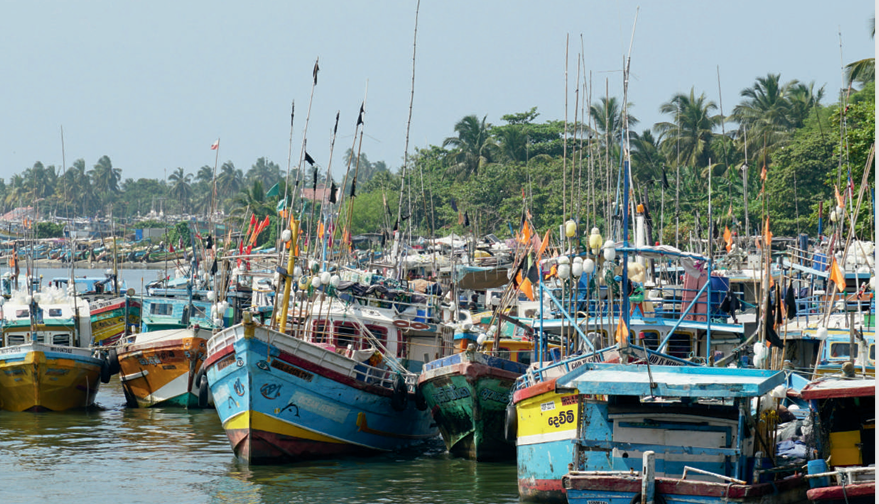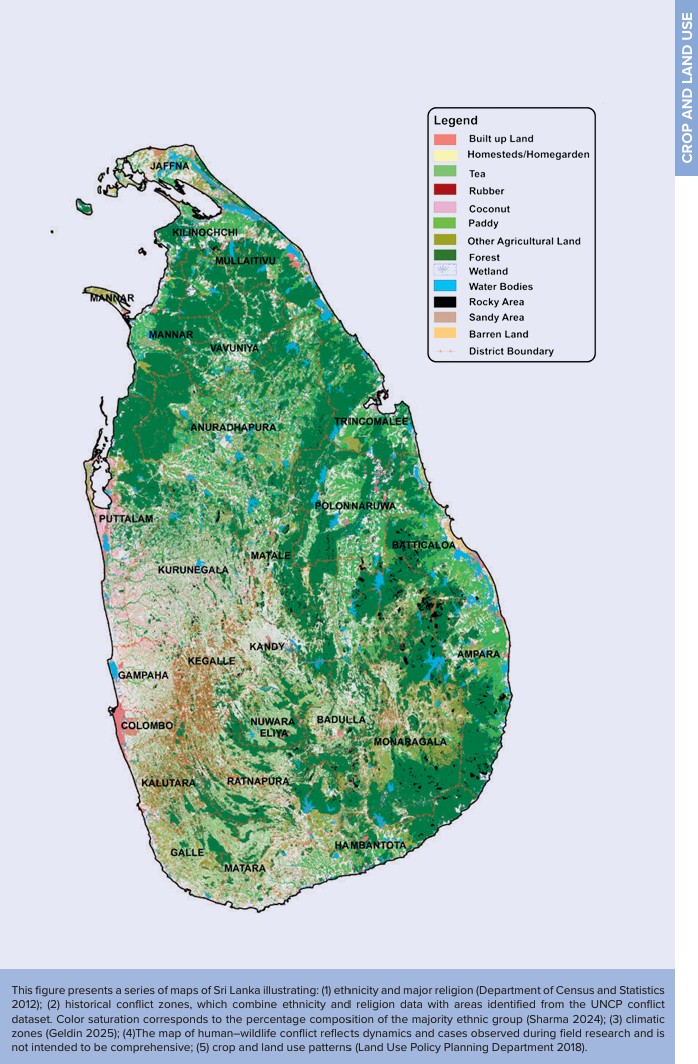Sri Lanka Brief 06 November 2025 — A report on Sri Lanka’s climate security has called for urgent, integrated action to address the country’s escalating climate risks, deep-rooted inequalities, and fragile post-war peace. The Gender Responsive Climate Security Assessment for Sri Lanka, released by a coalition of international and local experts, offers a comprehensive roadmap to ensure that climate adaptation and mitigation efforts reinforce social cohesion, empower marginalised groups, and sustain the hard-won peace in the country.
The report was authored by Janani Vivekananda, Emma Whitaker, and Mary Potts from adelphi research, as part of a joint initiative between the United Nations Development Programme (UNDP) and UN Women, with contributions from Sri Lankan research colleagues and support from local communities.
Key Recommendations for National Action
The report urges the government to:
- Develop province-level climate action plans that reflect local priorities and vulnerabilities, especially in conflict-affected Northern and Eastern provinces.
- Establish a centralised task force to coordinate climate security efforts across government departments, ensuring accountability and reducing duplication.
- Promote inclusive governance by increasing minority and women’s representation in decision-making roles.
- Track equity metrics and publish annual progress reports disaggregated by gender, ethnicity, and income.
- Foster community-led resource management, with multi-ethnic and multi-religious committees managing water, wildlife, and other shared resources.
District-Specific Solutions
The assessment highlights the need for tailored strategies in four districts:
- Badulla: Promote drought-resistant crops, improve waste management, and empower women and youth through training and fair access to resources.
- Batticaloa: Support community-led water management, enhance participatory governance, and expand education and livelihood opportunities for women and youth.
- Hambantota: Strengthen coastal livelihoods, invest in water conservation, and address human-wildlife conflict through community engagement.
- Mullaitivu: Provide targeted support for women-headed households, develop community-managed water storage, and foster inter-ethnic collaboration for resilience.
A Call for Inclusive, Peace-Building Climate Action
The report warns that failure to address climate risks in a conflict-sensitive and gender-responsive manner could deepen divisions and undermine national unity. However, with improved fiscal stability and a progressive government, Sri Lanka has a unique opportunity to transform climate challenges into opportunities for inclusive development and lasting peace.
Experts emphasise that empowering local communities—especially women, youth, and marginalised groups—through targeted training, financial support, and inclusive governance is essential. Transparent, equitable resource allocation and investment in climate-resilient infrastructure, health, education, and livelihoods are also critical.
The Gender Responsive Climate Security Assessment for Sri Lanka provides a blueprint for turning climate adversity into a catalyst for social cohesion, sustainable progress, and peace. The government is urged to act swiftly and decisively to ensure that no group is left behind as the country faces the mounting challenges of climate change.
Full report here:WR-ClimateSecurityAssessment-PRINT_FINAL_English (1)_compressed


